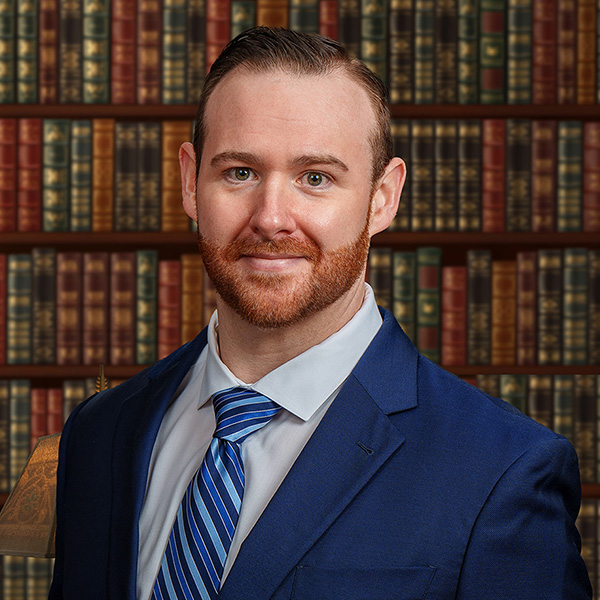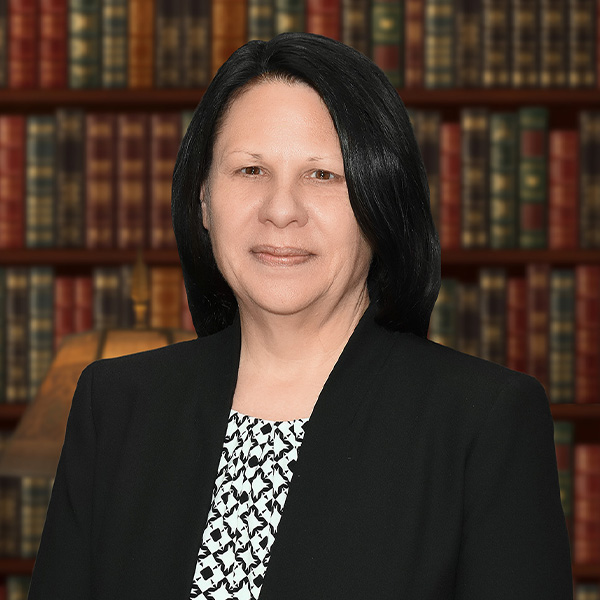Premises liability is a legal concept that holds property owners and managers responsible for maintaining safe conditions on their properties. When someone is injured on another person’s property, they may have the right to seek compensation if the injury happened because the property owner did not take proper care to keep the area safe. In Pennsylvania, premises liability laws ensure that property owners are aware of their responsibility to create a safe environment for anyone who visits their property. This understanding helps visitors and property owners alike stay informed about the possible legal implications of accidents and injuries. Pennsylvania’s premises liability rules outline what property owners are responsible for, who may be eligible for compensation after an injury, and what steps to take if someone gets hurt on another person’s property. Understanding the key concepts in premises liability can help make it clear who is at fault if someone suffers an injury and what legal steps they can take.
At, McDonald At Law , we are here to guide you through the legal process and help you navigate the complexities of your case.
What Is Premises Liability and How Does It Work?
Premises liability refers to the legal responsibility property owners and managers have to keep their property safe for visitors. This responsibility is based on the idea that property owners are often in the best position to know if there is something unsafe on their property and can fix it or put up warnings. When a property owner fails to do so, they may be liable if someone gets injured. Pennsylvania has specific rules that outline when a property owner can be held liable for an injury. Generally, if someone is hurt because the owner or manager did not take care of the property properly, the injured person may have the right to seek compensation for things like medical bills, lost wages, and even pain and suffering. To prove premises liability, the injured person must show that the property owner knew about the dangerous condition or should have known about it and that this condition directly caused their injury. However, it is also necessary to understand that premises liability cases are not straightforward, and each case can vary based on the facts. Property owners are not always responsible for every injury that happens on their property, and certain conditions must be met for an injured person to hold a property owner legally accountable.
Different Types of Property Visitors in Pennsylvania
In Pennsylvania, the level of responsibility a property owner has toward someone on their property can change based on the visitor’s status. This status usually falls into one of three categories: invitees, licensees, and trespassers. Each category comes with different rights and responsibilities.
“Highly Recommended” is the epitome of an understatement when it comes to the firm of McDonald At Law!! Michael McDonald’s genuine pleasant, and empathetic demeanor masks his legal astuteness, and the level of aggressiveness he implements in pursuit of a victim’s right and the monetary compensation legally entitled to us. I was involved in a motor vehicle accident at the hands of an intoxicated driver in York County. In my case I suffered what I described as an atypical injury, Mr. McDonald offered to be my Lawyer immediately after explaining to him the events leading to and after being struck in turn causing me to have a heart attack, when another law firm seemed hesitant. McDonald At Law secured a sizable monetary compensation that not only met my expectation but exceeded it. Mr. McDonald’s wealth of experience, and legal prowess is priceless and never did he act as the case was beneath his practice. In the end my family and I were well compensated, but also felt justified. Thank you McDonald At Law!!- Miguel Lopez
An invitee is someone who is invited onto a property, usually for business reasons. For example, customers in a store are considered invitees because they are on the property for the store owner’s business. Property owners owe the highest level of care to invitees. This means they must inspect the property regularly and fix or warn of any dangers.
A licensee is someone who has permission to be on the property but is there for personal reasons, like a guest visiting a friend’s house. Property owners must also keep their property reasonably safe for licensees, but they may not have to inspect the property as thoroughly as they would for invitees. However, if they know of any hazards, they should let their guests know.
A trespasser is someone who enters the property without permission. Generally, property owners owe the least amount of duty to trespassers, but they are still required not to harm them on purpose. There are exceptions for child trespassers, though, such as when there is an “attractive nuisance” like a swimming pool. In such cases, property owners may have more responsibility to ensure safety, as children may not fully understand the dangers.
What Is Negligence in Premises Liability?
Negligence is a key factor in many premises liability cases. It happens when a property owner fails to take proper steps to keep their property safe, which leads to someone getting hurt. For example, if a store owner knows that a floor is wet but does not put up a “wet floor” sign or clean it promptly, they may be considered negligent if someone slips and falls. To establish negligence, the injured person must prove several things. First, they must show that the property owner had a duty to keep the property safe. Second, they must demonstrate that the owner breached this duty, meaning the owner did not take the right steps to fix or warn about a dangerous condition. Third, the injured person must prove that this breach of duty directly caused their injury. Lastly, they must show that they suffered actual damages, like medical expenses or pain, because of the injury. Proving negligence can be complicated, but it is an essential part of premises liability cases in Pennsylvania.
Putting off an Attorney due to Cost Choosing a Personal Injury AttorneyRelated Videos
Examples of Common Premises Liability Claims
There are many ways in which a property owner’s negligence can lead to an injury. Slip and fall cases are among the most common types of premises liability claims. These occur when someone trips, slips, or falls because of a hazard like a wet floor, broken steps, or uneven flooring. Property owners have a responsibility to keep floors safe and to repair any dangerous conditions. Another common type of premises liability claim involves inadequate security. This can happen when someone is attacked or injured because a property, like a parking garage or apartment complex, does not have proper lighting, security cameras, or guards. If the property owner knew that the area had safety concerns and failed to take proper action, they might be held responsible. Dog bites and other animal attacks can also lead to premises liability claims. If someone is bitten by a dog or other animal on someone’s property, the property owner may be liable if they did not take the necessary steps to secure the animal. Other cases include accidents from broken railings, falling objects, and fires. In all these instances, the key issue is whether the property owner could have reasonably prevented the injury.
How Pennsylvania’s Comparative Negligence Rule Affects Cases
In Pennsylvania, premises liability cases are influenced by the rule of comparative negligence. Comparative negligence means that if the injured person is partly at fault for their injury, their compensation can be reduced by the percentage of their fault. For example, if someone is injured in a store because they were running and slipped on a wet floor, the court may find that the person was partly responsible for their injury. If the injured person is found to be 30 percent at fault, their compensation would be reduced by that percentage. Pennsylvania follows a modified comparative negligence rule, which means that if the injured person is found to be 51 percent or more at fault, they cannot recover any damages. This rule encourages people to take responsibility for their actions while also holding property owners accountable for unsafe conditions.
Verdicts & Settlements
Statute of Limitations in Pennsylvania Premises Liability Cases
The statute of limitations is the timeframe in which an injured person must file their claim. In Pennsylvania, the statute of limitations for premises liability cases is typically two years from the date of the injury. This means that if someone is hurt on another person’s property, they have two years to file a lawsuit seeking compensation. If they miss this deadline, they may lose their right to pursue a claim. There can be exceptions to the two-year limit, but these are rare and often complex. It is always recommended that injured people speak with a legal professional as soon as possible to avoid missing the filing deadline. Prompt action also helps preserve evidence and witness accounts, which can be vital to proving a premises liability claim.
Steps to Take After a Premises Liability Injury
After an injury on someone else’s property, taking certain steps can be helpful to protect one’s rights. The injured person should first seek medical attention. Even if the injuries seem minor, seeing a doctor can help identify any issues that might not be immediately visible. Medical records are also important evidence in any legal claim. It is also helpful to report the injury to the property owner or manager. This creates an official record of the incident. Documenting the accident scene by taking photos or gathering contact information of witnesses can also be valuable for a future claim. Keeping records of medical bills, missed work, and other losses can help support a premises liability claim. Finally, speaking with a legal professional who understands premises liability cases can help protect one’s rights and guide the next steps.
If you or someone you know has suffered an injury on another person’s property in Pennsylvania, understanding your legal rights and options is essential. Premises liability cases can be complicated, with various factors that can impact the outcome. When property owners fail to maintain safe conditions, the law allows injured individuals to seek compensation for their losses. With the help of a dedicated legal team, you can navigate the complexities of premises liability claims and work toward the compensation you deserve. McDonald At Law is here to offer you the guidance and support you need. Reach out to us today to learn more about how we can assist you with your case and help you secure fair compensation for your injuries.



